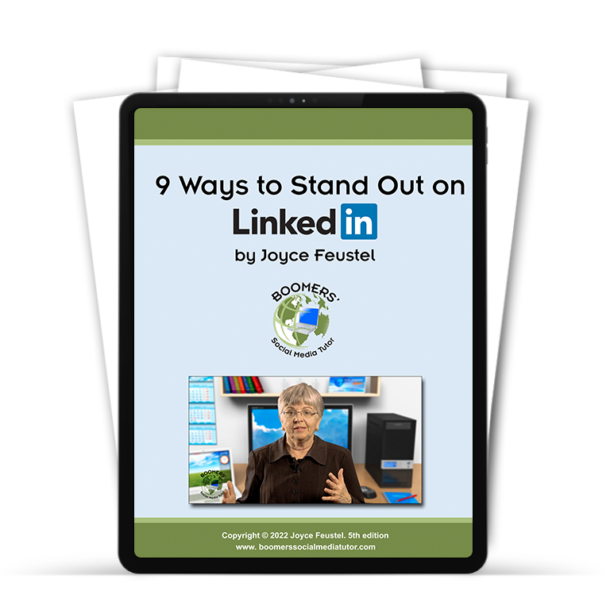Have you ever wondered if your online marketing efforts, including your social media activity, were staying within the law? I know I have.
That’s why I attended the class “Twitter, Blogging and Lawsuits: An Intro to Online Marketing Law” at Colorado Free University.
Taught by attorney Elizabeth Lewis, this class was jam-packed with important information for anyone active in cyberspace, especially business owners. Her class covered copyrights, trademarks, domain names, website text, liability issues, and social media sites.
Prior to becoming an attorney, Elizabeth worked in the field of information technology and has an MS in Computer Information Technology. In addition, it was clear that she was very familiar with a variety of social media websites.
Here are just a few of the key points that I gained from taking her class:
- Copyrights protect any artistic work once it is created, even a blog post like the one I am writing right now.
- You can file a copyright at www.copyright.gov. There is a fee of $35 and up to file a copyright.
- When using a photo on your website or blog, make a copy of the page that says these are public domain photos.
- Seek written permission from an individual before you post the photo you found of them on LinkedIn, Facebook, or any other social media site.
- Set up a Google Alert for your company’s business name and for your name. That way you will be know if anything negative is being said about you or your company.
- Domain names are a type of trademark. So before selecting a domain name, be sure to do Google search of domain names.
- Be sure to carefully examine the “terms of use” and “privacy policy” on every social media site on which you are active.
- For example, the terms of use statement for the business oriented website LinkedIn has this phrase “You grant LinkedIn a non-exclusive, irrevocable, worldwide, perpetual, unlimited, assignable, sublicenseable, fully paid up and royalty-free right to us (LinkedIn) to copy, prepare derivatives works of, improve, distribute, publish, remove, retain, add, process, analyze, use and commercialize, any information you provide, directly or indirectly to LinkedIn.” Therefore, be aware that every status report, comment in a LinkedIn group, answer to a question in the Answers section, etc. can be used by LinkedIn without your permission.
Elizabeth will teach this class againat Colorado Free University on Wednesday, January 9, from 2-4 p.m. Go to www.freeu.com to register for it.
Also, to find out more about Elizabeth and her law practice, check out her website at http://www.eclewis.com/.
What kind of legal questions or issues have you considered in your online marketing, including your social media activity? It’s always good to hear about the experiences of my readers.
Joyce Feustel, Founder of Boomers’ Social Media Tutor, helps people relatively new to social media to become more effective and comfortable in their use of this medium. Find her at www.boomerssocialmediatutor.com

![229817_batch005_230-m[1]](https://boomerssocialmediatutor.com/wp-content/uploads/2012/11/229817_batch005_230-m1.jpg)
![2f486bd[1]](https://boomerssocialmediatutor.com/wp-content/uploads/2012/11/2f486bd1.jpg)
![joycefeustel_1334461223_600[1]](https://boomerssocialmediatutor.com/wp-content/uploads/2012/11/joycefeustel_1334461223_60014-150x150.jpg)


Leave A Comment